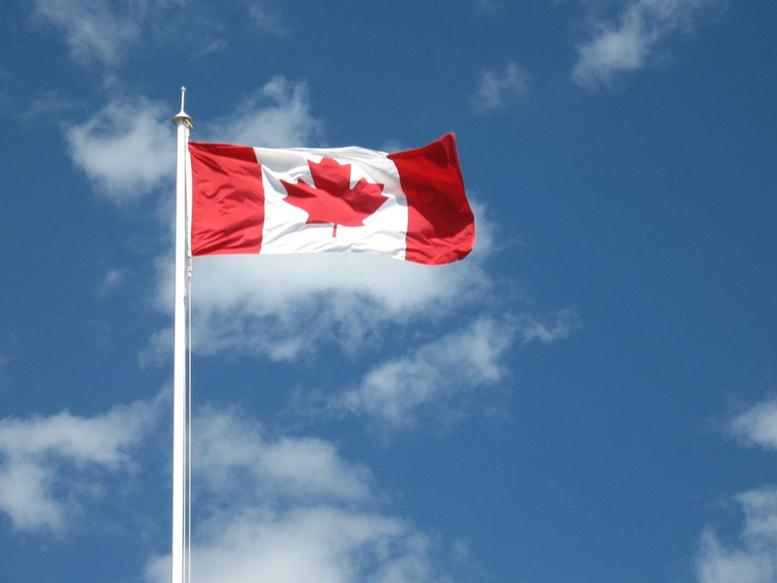In a recent CBC interview with various cannabis industry goers, cannabis and the changing cannabis landscape were put under the microscope. With Canada gearing up for recreational use legalization in the summer of this year, what’s the mindset of the Canadian cannabis players?
Cole Cacciavillani, the Co-Founder, COO, and VP of Growing Operations & Director for Aphria Inc. (TSX:APH) (OTCQB:APHQF), is in a state of preparation for the July 2018 deadline that he believes is accurate: “We’re confident that it’s coming and we hope to be ready.”
And be ready they will certainly be, if all goes according to plan. Aphria, located in southwestern Ontario, is in the midst of a huge ongoing expansion, growing the greenhouse space by 10 times, building it up to 1 million sq ft. Currently, Aphria has 700 thousand sq ft, plus another 200 thousand sq ft in a different section of its land.
The Aphria slogan is “We have a good thing growing”, which certainly seems to be the case. The cannabis buds that are grown by Aphria are dried and stored in company vaults. The buds, which are used to make an oil or to be sold as a smokeable product, are where the money’s at. $32 million worth of product is stored in the six Aphria vaults – and Aphria intends to build six more, doubling the value.
Already worth a lot, there’s increasing value in cannabis buds and even more so in the more potent and profitable cannabis oil. In 2015, the Canadian cannabis market was estimated to be $6.2 billion. Once legalization occurs, the cannabis market is projected to reach between $12 and $22 billion.
Aphria isn’t the only company hoping to benefit from the growing cannabis market. Alan Gertner, the CEO of Tokyo Smoke, is hoping to be a leader in the cultural revolution of cannabis. Tokyo Smoke recently merged with DOJA Cannabis (CSE:DOJA) (OTC:DJACF) to form Hiku Brands Company Ltd. Tokyo Smoke has also partnered with Aphria to brand its own Tokyo Smoke cannabis products.
Even before the merger, Tokyo Smoke was looking to rebrand the cannabis lifestyle. Tokyo Smoke is creating stylish, high-end products for the consumer because, according to Gertner, a former employee of Google (NASDAQ:GOOGL), “consumers opt into branded experiences.” Gertner believes that cannabis will be among our normal stimulants, such as coffee and alcohol.
“This is an opportunity, I think, for us to take a leading position in something that is going to happen anyway,” commented Gertner.
There are others, however, who are less optimistic.
Clint Young, a seller of medical cannabis in Ontario dispensaries (a practice that is not currently legal in Ontario) believes that proper legalization is more than six months away. “I hope for a fair market, but I don’t think that it’s appearing right now,” commented Young.
Abi Roach, the owner of the Hot Box Cafe in Toronto, seems to be in agreement. “To me, if you don’t include the people who are already in the industry and you choose to alienate them and push them out, then the whole point of legalization fails,” said Roach. Her cafe, where people come to smoke cannabis, has been in operation for over 20 years but will be pushed out under the proposed cannabis law.
Roach explained that it will likely be an uphill battle for legalized producers once legalization happens because they will have to catch up to what’s been going on in the underground for years, which is already a massive movement.
Despite the unification that legalizing cannabis might be expected to bring about, there seems to be some disjointedness occurring instead. There are clashes between the established culture and the profiteers. So where will recreational cannabis legalization actually bring us? The question is still being debated.
What do you think?
Featured Image: twitter








